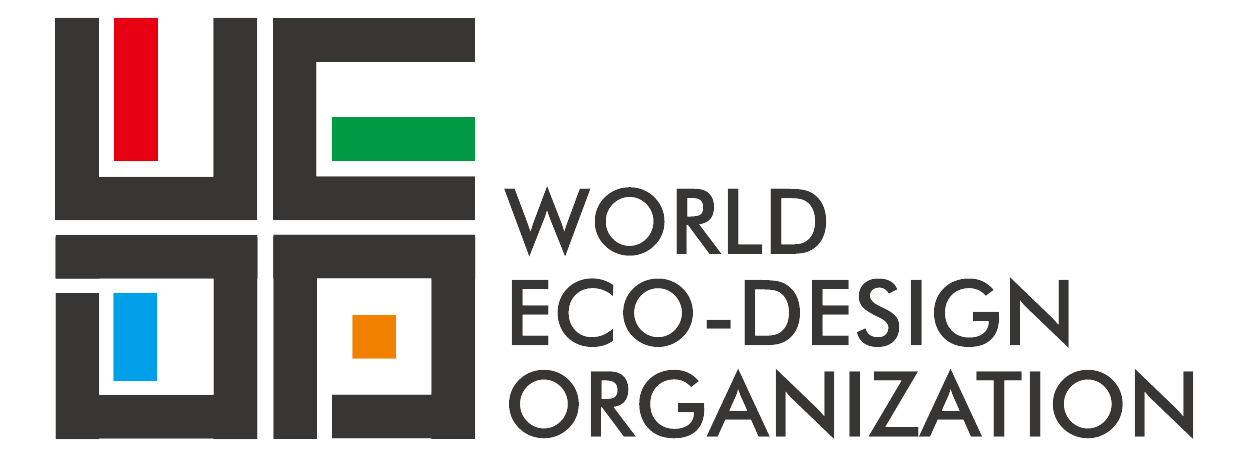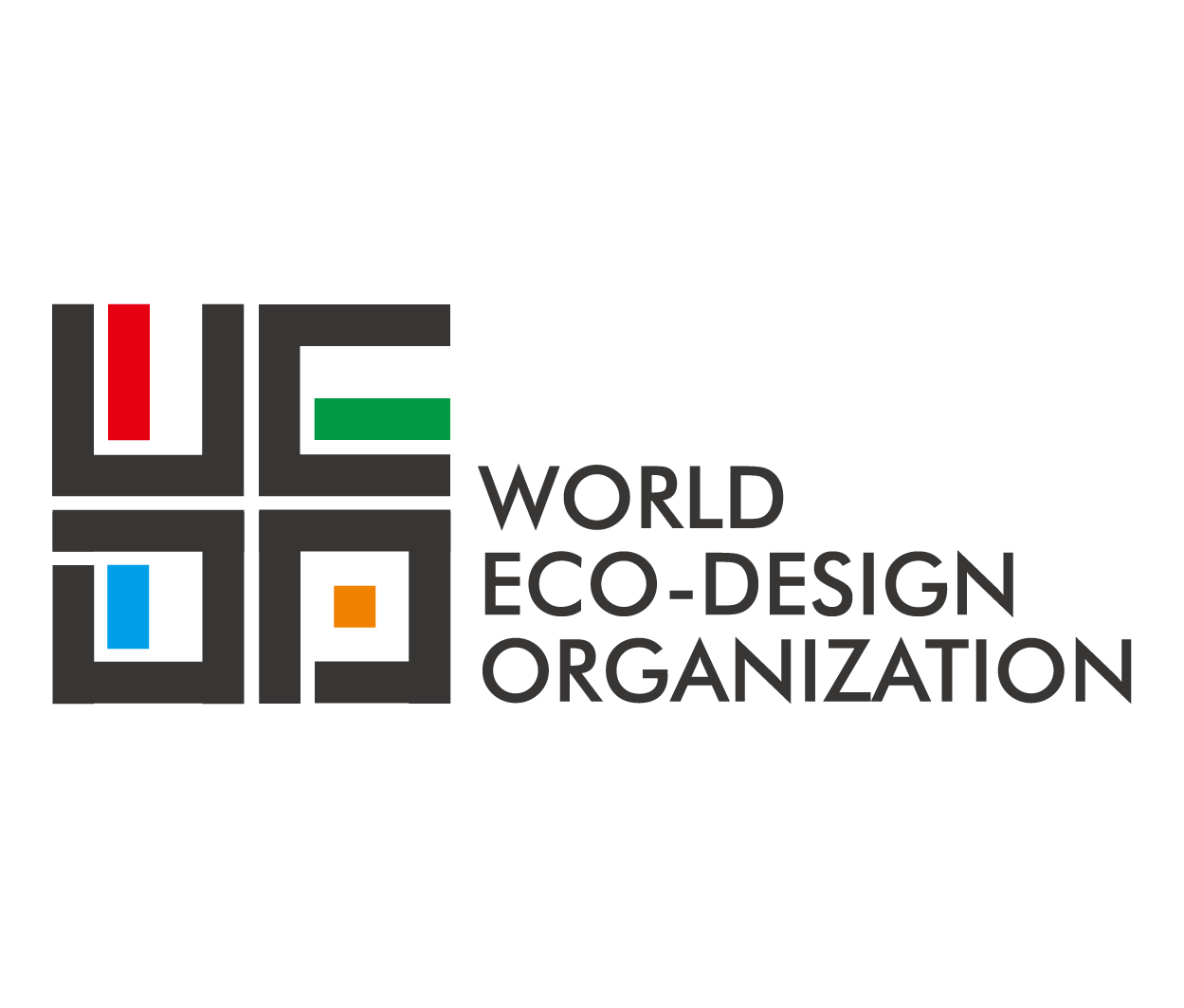
Entertainment computing can span anything from a single player game on a mobile device through to large-scale online multiplayer games. This workshop will focus on a range of issues which impact on the design, use and adoption of games from an ethical and social perspective. Issues to be explored will start from the composition of those working in the industry looking at aspects such as diversity and inclusion. From this we will explore how this impacts on game design and how groups are represented within games. We will further explore issues relating to monetization, incentives and potential addiction. We will explore how to design for ethical and social issues while also looking at problems which have arisen and the potential challenges of the future.
We welcome all topics related to ethical and social issues, and some suggestions are provided below:
-
Guidelines, surveys and methodologies
-
Diversity and inclusion from an employment, representation and design perspective
-
Large on-line gaming worlds and location-based games, including augmented reality
-
Legal and best practices
-
Impact of social media on gaming
-
Potential benefits and harm of gaming
Attendees will be asked to submit a position paper in LNCS format (maximum 4 pages).
Organizers:
Roderick McCall, Johana Riquier, Jo Summers, Celina Kacperski, Jethro Shell, Robby Ratan
W2 – Workshop on Interactive Immersive Entertainment: VR/XR/AR in Digital Entertainment (WIIE)
This workshop is intended to produce a discussion among researchers, developers, and any one interested in addressing immersive entertainment applications and researches. Although immersive technologies have evolved rapidly, there are many barriers that still affect entertainment industry investments. There are many ways to create innovative applications in an immersive environment. In this workshop, we make a discussion about immersive technologies and future trends of immersive solutions to the entertainment industry, such as immersive films, games, and simulators. We welcome participants that are engaged on Virtual Reality, Mixed Reality, Augmented Reality and other immersive environments to take part of the Workshop.
The workshop will focus on the following fields:
-
Virtual Reality (VR)
-
Mixed Reality (MR)
-
Extended Reality (XR)
-
Augmented Reality (AR)
-
Immersive applications for entertainment, education, industry, health, and scientific domains.
-
Immersive gamification techniques studies related to immersive devices usability techniques or technologies for preventing cybersickness
-
Studies of immersive and/or interactive solutions and/or future technologies.
Additionally, topics involving any other disciplines and techniques (such as machine learning, human-computing interaction, and others) tied to the main topics of interest are welcome.
Organizers:
Esteban Clua, Universidade Federal Fluminense
Thiago Porcino, Dalhousie University
W3 – Digital Arts and Health
Digital arts refer to artworks that use digital technology as part of the creative or presentation process. Different components of art activities are known to be health-promoting. These components can trigger psychological, physiological, social, and behavioral responses that are linked with health and well-being. The emerging forms of digital arts and new ways of interacting with these arts enable a new area of research and practice in promoting health and well-being. This workshop is intended to bring together researchers, designers, artists, and practitioners involved in the design and use of systems combining digital arts and health to build on an understanding of emerging digital art interventions in health and well-being.
For implementing previous approaches and maximizing potential value digital arts bring to health and well-being worldwide, research papers on (but are not limited to) the following topics are of mutual interest to this workshop:
-
Explore the mechanisms on how digital art interventions affect health;
-
Sharing cases of digital arts and health in practice;
-
Explain where the digital arts can and where they cannot facilitate health;
-
Sharing knowledge on scaling up the applications of successful digital art interventions.
Workshop participants are invited to submit a full research paper related to “digital arts and health” for peer-review. Papers must be submitted using the Springer LNCS format (see conference requests on the Full Research Papers). All accepted papers (6-8 papers) will be applied to publish in book form in the Springer Lecture Notes in Computer Science (LNCS) series.
Organizers:
Mengru Xue, International School of Design, Zhejiang University
Cheng Yao, College of Computer Science and Technology, Zhejiang University
Jun Hu, Industrial Design Department, Eindhoven University of Technology
W4 – Current Opportunities and Challenges of Digital Game-based Learning
Digital game-based learning (DGBL) has been discussed for more than 50 years. Despite countless studies over several decades, DGBL is still the exception rather than the standard in most educational contexts. For further advancement of DGBL, this workshop will provide an overview of opportunities and challenges of DGBL. The workshop will be based on the method of collaborative brainstorming. The results of the workshop will be elaborated further after the workshop and consolidated into a scientific article that may guide the research community in promoting DGBL.
Organizers:
Jannicke Baalsrud Hauge, BIBA Gaming Lab & KTH Royal Institute of Technology
Heinrich Söbke, Bauhaus-University Weimar
Heiko Duin, BIBA Gaming Lab
Ioana Stefan, ATS
More information: https://www.icec2022.eu/index.php/workshops/






 en
en



 Guangzhou,China
Guangzhou,China +86 - 19925740779
+86 - 19925740779 wedc@vip.126.com
wedc@vip.126.com










